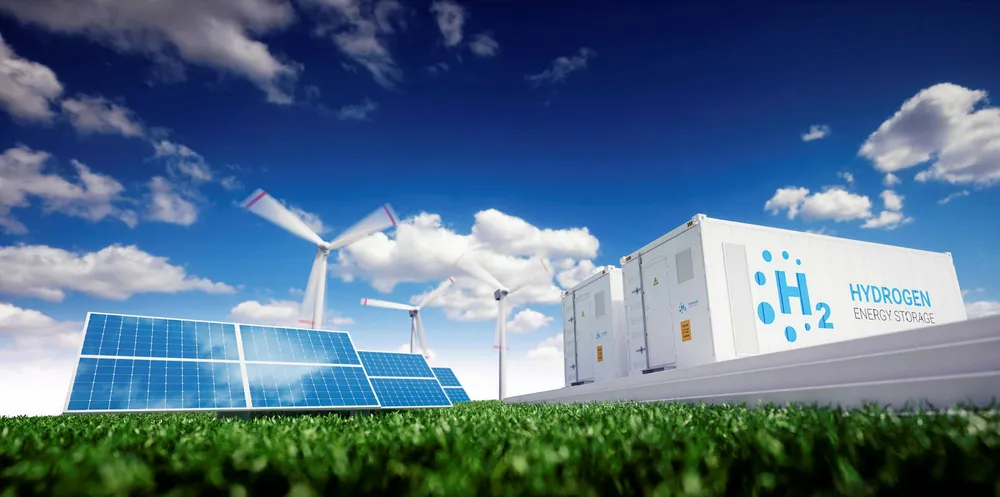Norwegians Nel and Kvaerner tie-up for 100MW-plus green hydrogen modules
Long-term collaboration to hatch standardised technology for 'major scale' plants to store renewables-generated power

Long-term collaboration to hatch standardised technology for 'major scale' plants to store renewables-generated power
